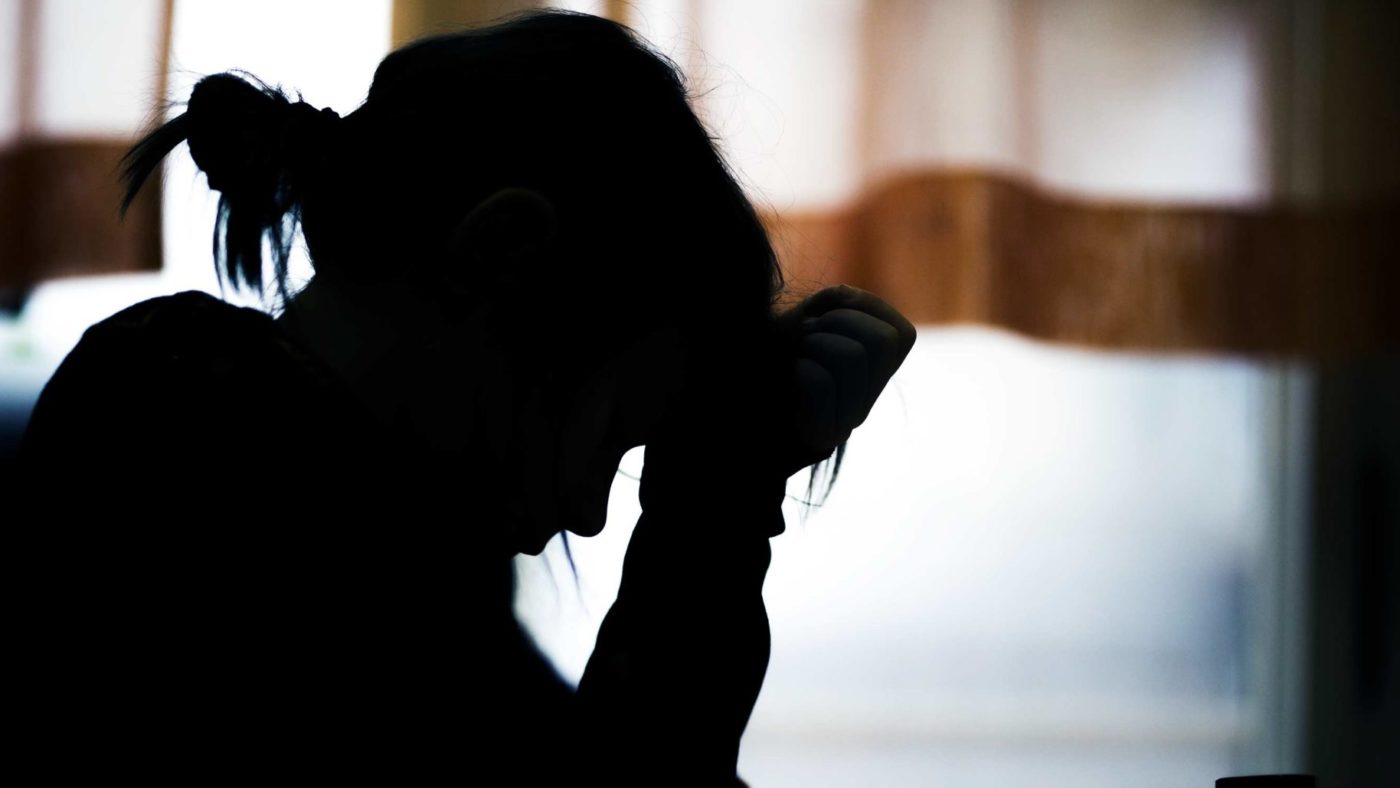For all the Government’s advice to stay at home and save lives, for millions of Britons home may be the least safe place to be. The virus has created a perfect storm for victims of domestic abuse. A sharp reduction in support services, combined with a surge in unemployment means cases of abuse are likely to skyrocket during the quarantine period, with little respite available.
Even in ‘normal’ times, domestic abuse survivors face a herculean task to escape their abusers, but the lockdown has made the challenge almost impossible.They may not be able to call support lines while their partner is in the room. They may be forced to bear the brunt of a perpetrator’s rage and frustration. They may find it impossible to escape.
The sheer scale of domestic abuse in this country is shocking. In the year ending March 2019, an estimated 2.4 million adults aged 16 to 74 years experienced domestic abuse (1.6 million women and 786,000 men) with the majority linked to partners rather than other family members.
Whilst it certainly affects both sexes, women are statistically more likely to experience repeated and severe forms of abuse, including sexual violence. They are also more likely to have experienced ongoing physical, emotional, psychological or violence abuse that results in serious injury or death. Women experience higher rates of repeated attacks and are much more likely to be seriously injured.
In the same 12-month period, 80 women were killed by a current or former partner – a 27% increase compared on the previous year. In four out of ten cases, the victims were killed in a domestic homicide. On average, two women every week across England and Wales are killed by a current or former partner.
Counting Dead Women, a project that records the killing of women by men in the UK has identified at least 16 killings between 23rd March and 12th April of this – including those of children. Given that the average for the same three-week period in the last 10 years was five deaths, this suggests the lockdown is already heightening the risk to faced by female abuse victims.
That is certainly born out by figures from domestic abuse charity Refuge, which has reported a 120% increase in calls to its helpline since the crisis began.
That is not to say there has not been action to address the issue. The Government has introduced a #YouAreNotAlone campaign to raise awareness of the help available to domestic abuse survivors, and Chancellor Rishi Sunak announced £750million of funding for the charity sector, £2 million of which has been set aside to bolster helplines and online support for Domestic Abuse charities. Women’s Aid (the federation of almost 180 domestic abuse charities) are working alongside Southeastern and Great Western Railway to offer free train travel for women seeking refuge services in their #RailToRefuge campaign, to help women escape their abusers.
The Government’s funding and campaigns are welcome, but I believe we can and must do more . Women’s Aid surveyed 45 local domestic abuse services and identified that they believe the sector needs a cash injection of £48.2million to enable them to provide helplines, online chats and refuges – as well as to cope with increased demand.
The French Government has committed to paying for up to 20,000 nights in hotels for victims of domestic abuse in France. A similar scheme here would ease the burden on existing refuges, which are already full, and save lives.
We must also recognise the likely longer term effect of coronavirus on survivors of domestic abuse. A huge economic contraction will mean higher unemployment, worse mental health and with both a likely surge in domestic abuse. And abuse itself has a profound economic impact, with a Home Office report in 2017 putting the cost at a staggering £66 billion a year.
The Government has made great strides over the last decade in strengthening protections for domestic abuse survivors, with some examples including the introduction of Clare’s Law, the criminalisation of forced marriage and the inclusion of coerced control in the definition of domestic violence. The Domestic Abuse Bill is set for its second reading later this year, taking the UK another step forward in supporting survivors. Meanwhile we need to take a number of steps – including significantly increased funding for local services and increasing refuge spaces.
Most of us are wishing for life to “get back to normal” as quickly as possible. For those who are survivors of domestic abuse, they will be wishing for a new normal. A safe normal, where home is as safe for them as it is for the rest of us.
Click here to subscribe to our daily briefing – the best pieces from CapX and across the web.
CapX depends on the generosity of its readers. If you value what we do, please consider making a donation.


